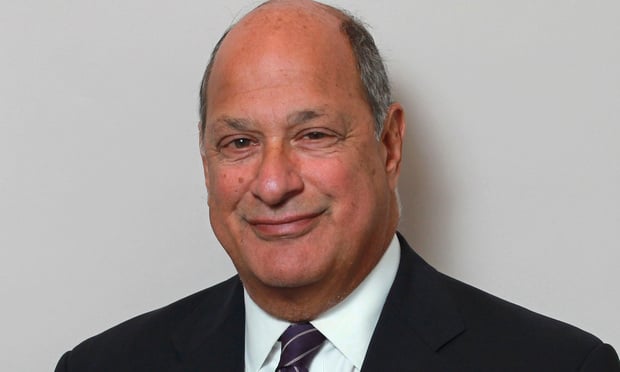The disciplinary rules are unambiguous: both ABA Model Rule of Professional Conduct and New York Rule 1.5(d) flatly prohibit a lawyer from charging a contingency fee in a criminal case. Yet a contingent fee is perfectly acceptable in a tort case; a class action lawsuit; a real estate squabble; defense of a civil suit; a hostile takeover; and just about everything else (except a matrimonial action).
So those of us who labor in the vineyard of criminal law are forced to ask: “Why?” And since the prohibition is based on legal ethics, we might further ask: “Are we less ethical than our partners in trying to obtain a bigger paycheck at day’s end by making our fee contingent on the outcome?” Compared to the civil practitioner down the hall, would we be ethically deficient because our client’s freedom may be at stake, whereas their civil client has only their financial future at stake? More to the point, if I charge a defendant a flat fee of $50,000 plus an additional $50,000 if he is acquitted (or not sentenced to jail), are the ethics rules suggesting that I’m going to suborn perjury from witnesses to get the extra $50K?


 Joel Cohen
Joel Cohen




